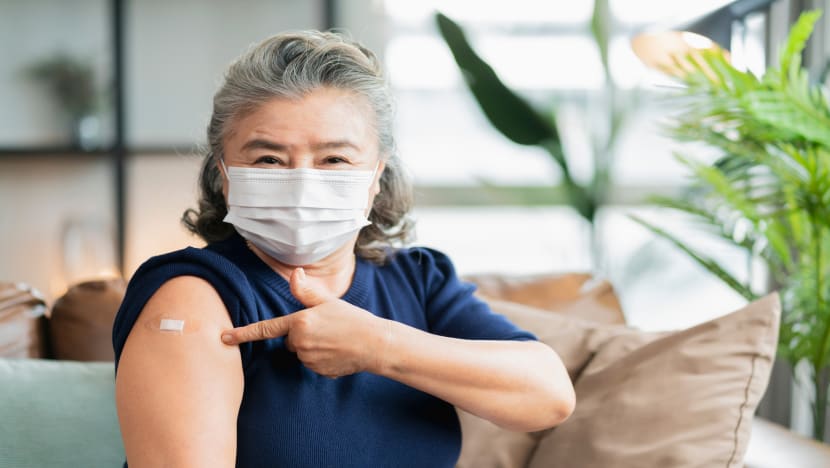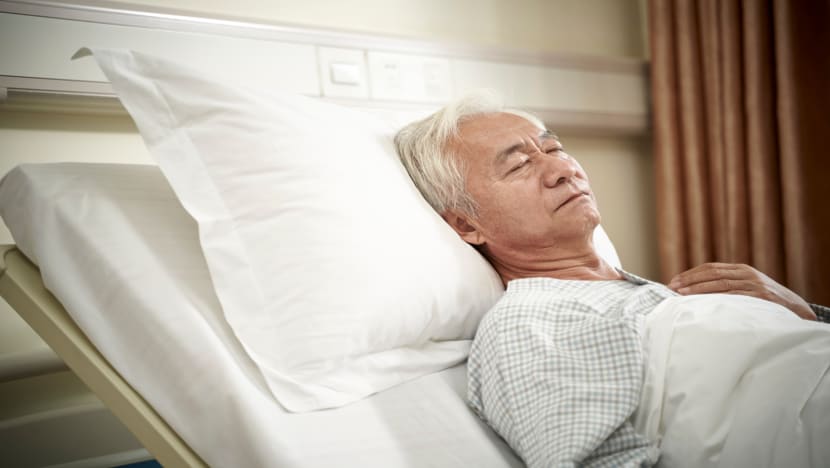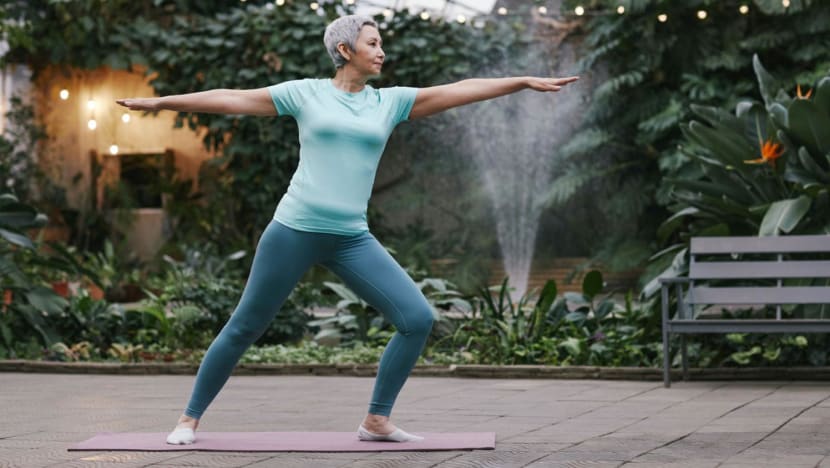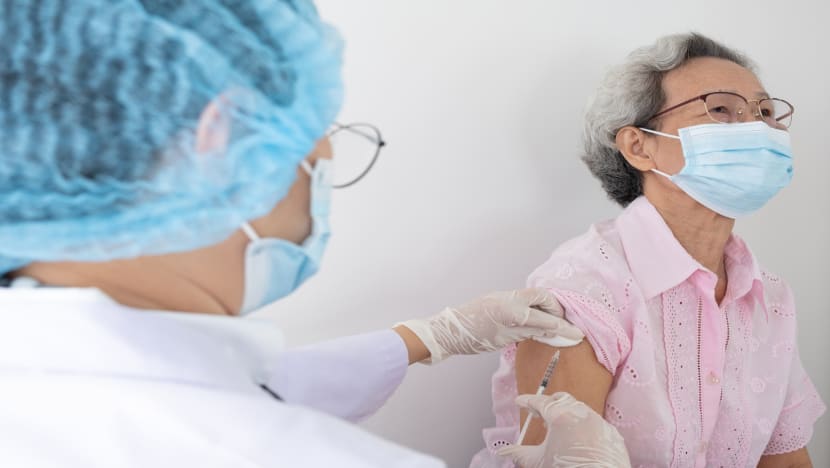The bigger picture when it comes to vaccination
A specialist shares his perspective on why guarding against deadly infectious diseases like pneumococcal pneumonia should remain top of mind, and the role vaccinations could play in our lives moving forward.

Vaccines against infectious diseases such as pneumococcal pneumonia remain important, especially for older individuals. Photo: Shutterstock
Are vaccines essential? Multiple factors need to be considered when pondering this question.
According to Dr Adrian Ong, a senior consultant in infectious disease at the ID Consult clinic at Mount Elizabeth Orchard, vaccines play an ever-increasing role in improving public health.
“COVID-19 has accelerated vaccine technology and development. We are now in a new age of vaccinology. Better vaccines are forthcoming to help tackle intractable human diseases such as tuberculosis, HIV, dengue and malaria,” he said.
PNEUMOCOCCAL PNEUMONIA: NUISANCE OR MAJOR THREAT?

When it comes to vaccinating against potentially severe infectious diseases like pneumococcal pneumonia, it is advisable to be prudent.
Pneumococcal pneumonia is a bacterial infection that affects the lungs and exchange of oxygen – a disease Dr Ong and other experts know to be potentially life-threatening or fatal in severe cases.
Here's how pneumococcal pneumonia can affect your health. Video: Pfizer
“It is one of the most common causes of death, especially in the elderly and immunocompromised. Sir William Osler, one of the founding professors of Johns Hopkins Hospital, named pneumococcus pneumonia the ‘captain of the men of death’ for its ability to cause high mortality and morbidity,” shared Dr Ong.
The disease can put you out of your daily routine for weeks, according to a longitudinal study. Those who are particularly susceptible include individuals with lower immunity, chronic medical conditions, and older adults.
In fact, for persons aged 65 and above, the risk of hospitalisation with pneumococcal pneumonia is at least six times greater than adults aged 18 to 49. Symptoms typically include high fever, chest pain, chills and shortness of breath.
WORK, TRAVEL AND LIVE WITH GREATER PEACE OF MIND

With that being said, why is it especially important for higher-risk individuals to prioritise pneumococcal vaccination now? Can’t one get by with simply leading a healthy lifestyle while practising good hygiene?
The short of it is that pneumococcal pneumonia infections, like many common respiratory communicable diseases, are difficult to avoid in modern open societies.
As we eventually move towards the resumption of everyday activities – international travel, hybrid work and eating out with loved ones – we will once again enter into daily scenarios and environments where infectious diseases like pneumonia can be passed among members of the community.
According to Dr Ong, while one can catch pneumonia all year round, invasive pneumococcal disease becomes more prevalent in certain conditions such as colder weather, and during flu seasons, where the incidence correlates with high community influenza rates.
“Older individuals face a greater threat due to the phenomenon of immuno-senescence, where our body’s ability to fight off infections diminishes with age. Decline in immunity is also accelerated by certain medical and lifestyle conditions like diabetes, smoking and excessive alcohol intake,” said Dr Ong.
Dr Ong further cautions that while exercise and a healthy lifestyle does much to mitigate this natural decline, it does not stop it completely. With prevention always being better than cure, he recommends vaccination for ever-present diseases like pneumonia and influenza – even for healthy individuals aged 65 years and above.
“The pneumococcal and flu vaccines are both important and afford us extra protection and peace of mind. If anything, COVID-19 has thought us not to take our health for granted,” he advised.
Dr Ong adds that for older individuals above the age of 65 years old, they will only require two types of the pneumococcal pneumonia vaccine for long-term protection.
VACCINATION DECISIONS

Vaccination may once have been viewed as a daunting prospect for the uninitiated, but the recent months of education and implementation have encouraged robust discourse around vaccination decisions.
According to Dr Ong, vaccines are safe for the vast majority of persons. “Each vaccine is unique and designed to protect only against a specific and serious type of infection. The benefits they provide are real and far outweigh the risk of any potential rare side-effect,” he said.
“Vaccines are like our ‘health umbrellas’ and I tell my patients to carry the biggest umbrella during a storm by getting all the vaccines required,” he added.
Having said that, the infectious disease expert recognises that choosing to get vaccinated is a personal choice. When in doubt, his recommendation is for one to speak to a trusted healthcare professional who can educate and advise on vaccinations.
Singaporeans may also consult the National Adult Immunisation Schedule (NAIS), which provides information on vaccinations that adults aged 18 and above can take to protect themselves against vaccine-preventable diseases. Once you are ready to make an informed decision, it is worth noting that subsidies are available for eligible Singaporean adults seeking pneumococcal vaccination.
Dr Ong sounds a reminder that patients should not be passive when it comes to personal health, and that the benefits of vaccines go beyond one’s self.
“Through vaccinations, we not only protect ourselves, but also help limit the spread of diseases to the medically vulnerable at home, work and in the community. In many ways, vaccines are the unsung heroes of public health – quietly saving lives and preventing illness,” he said.
Learn more about the pneumococcal vaccine and make a vaccination appointment today.















